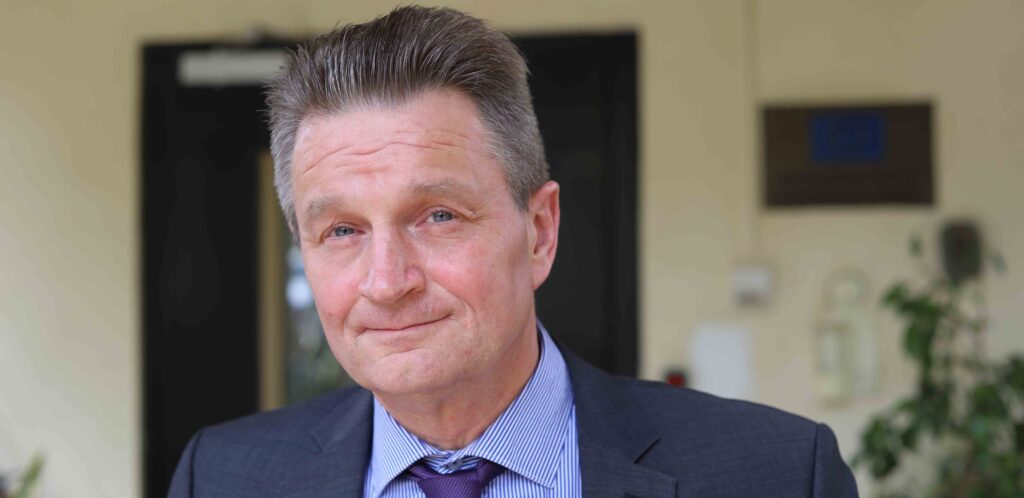The European Union has revealed that it has supported the constitution-making process in South Sudan with 4 million Euros, saying the process is immensely important for the future of the world’s youngest nation.
EU Ambassador to South Sudan Timo Olkkonen said this in his opening remarks at a workshop on federalism for National Constitutional Review Commission (NCRC) members in Juba on Tuesday.
The workshop was financed by the EU to the tune of 70% and organized by their partner, Max Planck Foundation, as well as the UN Mission in South Sudan.
“The European Union is a staunch supporter of the constitution-making process in South Sudan; we are proud to support this process with 4 Million Euro,” Olkkonen said.
“I also have the honour of chairing the committee on constitutional affairs within the Reconstituted Joint Monitoring and Evaluation Commission (RJMEC), where the International Community comes together to accompany the process,” he added.
The envoy said the constitution-making process is of historic significance and immense importance for the future and the successful transition towards a democratic, stable, and peaceful South Sudan.
He noted that South Sudanese people were yet to have the opportunity to pronounce themselves on the basic rules and values under which they cooperate and would like to be governed.
“The constitution-making process is elemental to constructing a social contract between the citizens and those who are entrusted with their leadership and governance.
“Beyond the legal text, the new constitution should be a founding document for the new South Sudan. And the constitution-making process should, therefore, be a process of creating a common state for all ethnicities and societal groups with a common identity where all voices are heard,” Olkkonen said.
He called on the transitional government to provide guidance to the process, as the key questions asked by the UN, the AU and IGAD more than a year ago, among them those pertaining to the role of the constitution, particularly in relation to the planned elections, still remained unanswered.
The 2018 Peace Agreement and the Roadmap, recalled Olkkonen, were clear that the permanent constitution should “initiate a federal and democratic system of government that reflects the character of South Sudan in its various institutions, guarantees good governance, constitutionalism, and the rule of law, human rights, gender equality and affirmative action”.
The progress on the implementation of the South Sudan Peace Agreement has been frustratingly slow. The stakeholders had largely failed to show political will and accelerate the process. Pundits hold that for the way ahead, important political decisions needed to be taken now – on the constitution, but also on the electoral process, security arrangements and on transitional justice.
Olkkonen welcomed the progress recently achieved in Parliament in the form of two important bills on reconciliation and compensation being passed. He reassured that EU would remain a partner in the historic endeavor of bringing the transition in South Sudan to a close.
The workshop was also attended by Justice and Constitutional Affairs Minister Ruben Arol and his Federal Affairs counterpart Lasuba Wango, NCRC Chairperson Dr Riang Yer Zour and EU Commissioner, Dr Kathrin Scherr.
The feasibility of South Sudan’s December 2024 elections – the first since the country gained independence in 2011 – is increasingly in doubt. Neither the electoral nor security arrangements required for credible elections is in place, and the main parties disagree about the best course of action.
Four months isn’t enough to complete pre-election tasks that include drafting a permanent constitution based on a federal system of government and putting to work vital election-related institutions such as the Political Parties Council, National Elections Commission and National Constitutional Review Commission. These were established in November 2023 but aren’t yet fully operational due largely to a lack of funding.




